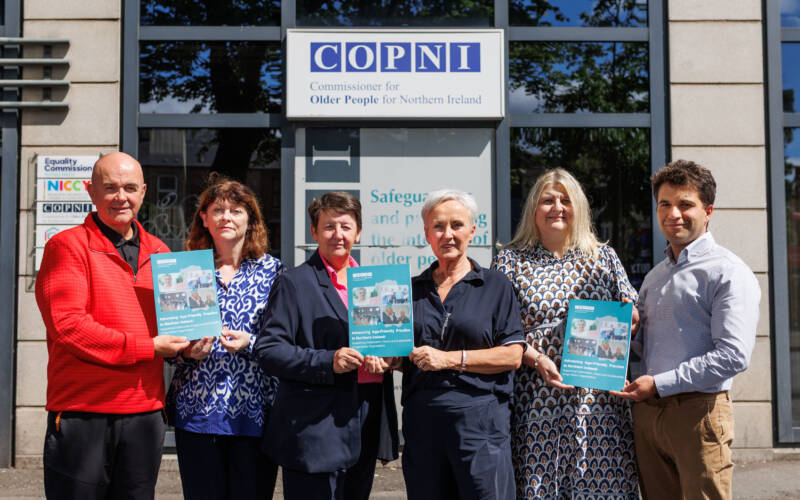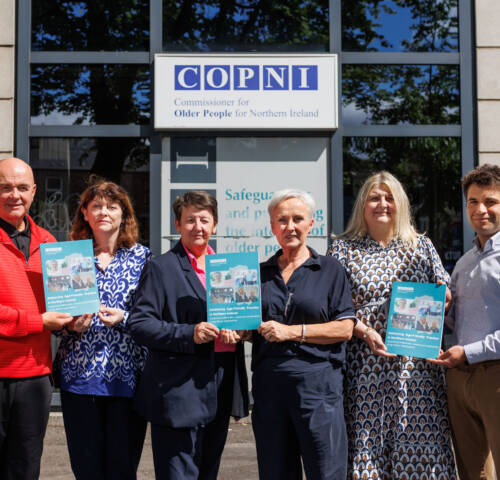The Commissioner for Older People for Northern Ireland, Siobhan Casey, has published a new report examining how the Mental Capacity Act (Northern Ireland) 2016 is working in practice to protect people who lack capacity to make decisions for themselves.
The Commissioner’s report, Freedom, Care and Wellbeing: Review of Deprivation of Liberty Safeguards, examines how older people are affected when they are deprived of their liberty, for example, when they need to be kept safe in a care home or hospital setting if they are suspected to lack capacity, and whether the legal safeguards designed to protect their freedom are being properly applied.
The Mental Capacity Act is widely regarded as a welcome and progressive piece of legislation because it places the person at the centre of decisions about their care and treatment. However, since the Act has only been partially implemented in Northern Ireland, as this report highlights, many older people are still not receiving the full protections it promises.
The report found:
- Older people, particularly those over 75, are disproportionately affected, meaning any weaknesses in the system impact them most.
- Around one in four care home residents are subject to a Deprivation of Liberty (DoL), with many held under emergency provisions that can remain in place for months without a Trust Panel authorisation.
- Social workers, care home staff and health professionals face heavy workloads, complex processes, and insufficient resources to carry out the necessary assessments in a timely way.
- Families are often unaware that they have no automatic right to make decisions for a loved one who loses capacity.
Speaking about the report, the Commissioner, Siobhan Casey said:
“Depriving someone of their liberty is one of the most serious decisions that can ever be made about a person’s care. The Mental Capacity Act sets out clear safeguards to ensure this is only done lawfully, fairly, and in the person’s best interests. While professionals are doing their utmost under pressure, gaps in implementation and lack of resources mean that too many people are left without the full legal protections they deserve. We need to work together government, regulators and care providers to fix this.”
The report calls for key recommendations:
- Full and timely implementation of the Mental Capacity Act so that everyone works under one clear legal framework.
- Greater investment in training and staffing so that DoLS assessments are carried out promptly and consistently.
- Improved awareness so that families understand their rights and can plan ahead for situations where a loved one may lose capacity.
COPNI is sharing the findings directly with the Department of Health, the Health Trusts and professional bodies to ensure the recommendations lead to action.
The full report and a summary of its key findings are available here




